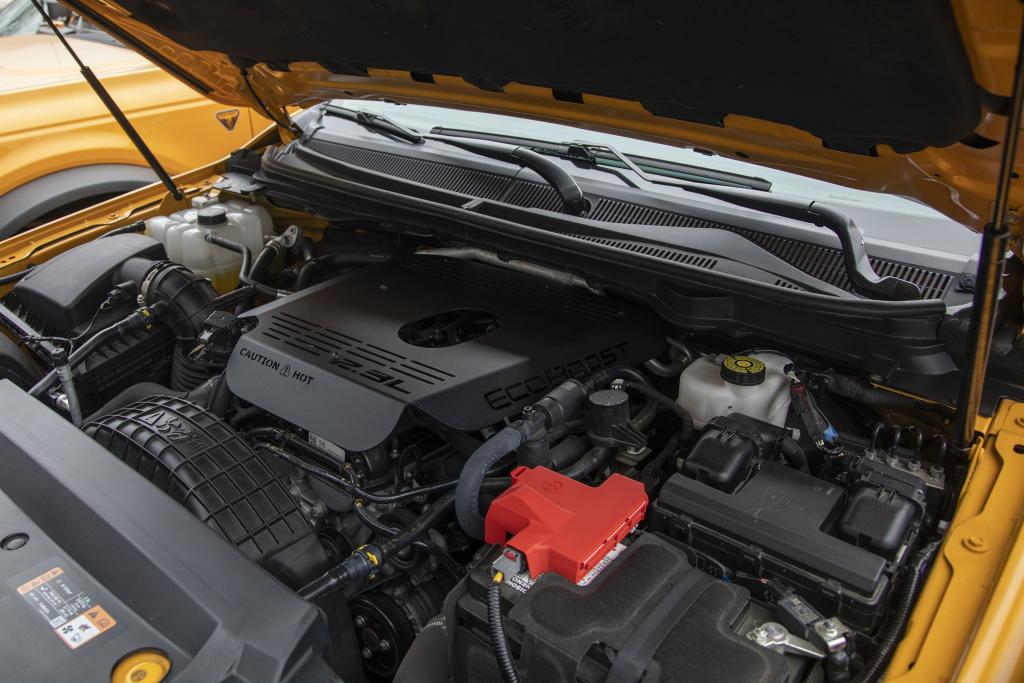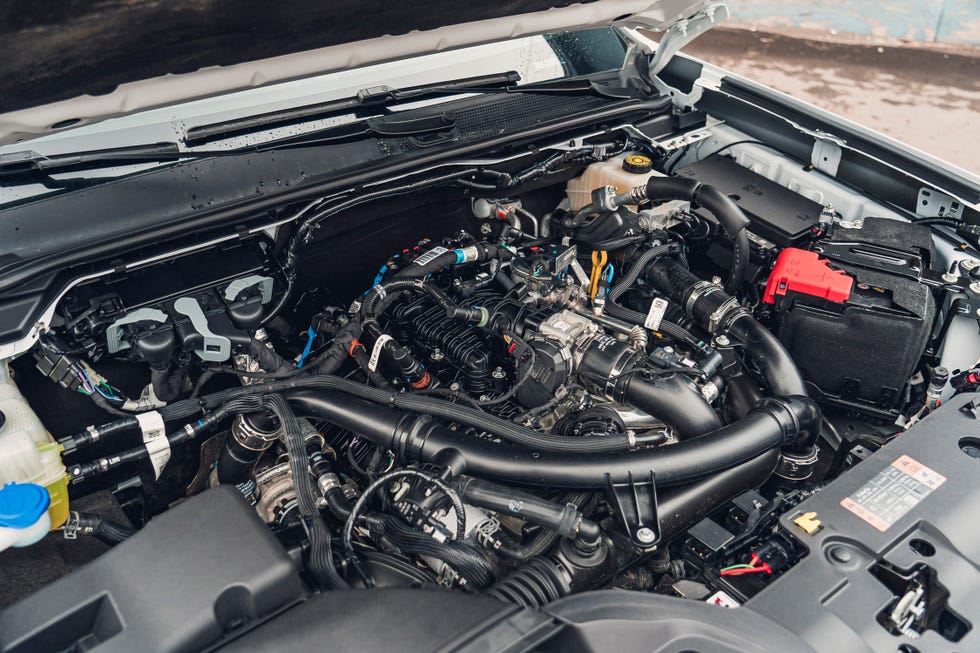What Makes an Automobile Engine Run Smoothly: Top Tips for Optimal Care
The smooth procedure of a vehicle engine is basic to both efficiency and long life, making optimal care a vital duty for vehicle owners. What specific actions should you focus on to guarantee your engine stays in peak condition?
Normal Oil Adjustments
Among the most vital elements of automobile maintenance is ensuring your engine obtains routine oil modifications. Engine oil lubricates inner parts, decreases friction, and aids preserve optimal operating temperature levels. With time, oil weakens due to heat, contaminants, and the natural by-products of burning, bring about reduced performance and potential engine damage.
The majority of suppliers suggest changing the oil every 5,000 to 7,500 miles, yet this interval can differ based on driving problems and oil type. For circumstances, synthetic oils may permit for longer intervals in between changes. Regular oil modifications not just enhance engine efficiency however additionally improve gas effectiveness, as tidy oil promotes smoother procedure.
Disregarding oil modifications can cause sludge build-up, which impairs flow and can bring about severe engine problems. It is essential to check oil degrees consistently and keep an eye on for any kind of unusual modifications in shade or consistency, which could suggest contamination or destruction.

Preserving Coolant Degrees
Preserving correct coolant levels is vital for protecting against engine getting too hot and making certain optimal performance. The coolant, usually a blend of water and antifreeze, flows via the engine, soaking up warm and protecting against thermal tension. Insufficient coolant can result in enhanced engine temperatures, which may cause severe damage or perhaps total engine failure.
To preserve optimal coolant levels, frequently check the coolant tank, typically located in the engine bay. Guarantee the coolant is filled to the recommended mark, as suggested in your vehicle's owner guidebook. It is suggested to inspect the levels at least once a month or soon trips, especially during severe climate condition.
If you discover that the coolant level is consistently reduced, there might be a leakage in the cooling system, which ought to be dealt with immediately to prevent more difficulties. 2.2 ford ranger engine. In addition, purging the coolant system every a couple of years can help get rid of any kind of collected debris and ensure effective warm exchange
Monitoring Air Filters

It is suggested to examine the air filter every 12,000 to 15,000 miles, or a lot more frequently if driving in messy or unfavorable problems. A basic visual examination can commonly expose whether the filter is unclean or damaged. It should be changed promptly. if the filter appears discolored or has visible dirt accumulation.
Utilizing a premium air filter designed for your particular lorry model can even more improve engine efficiency. In addition, some vehicles might profit from reusable filters that can be cleaned and reinstalled, supplying a eco pleasant and cost-effective option.
Inspecting Spark Plugs
Spark plugs are important components of a car's ignition system, directly impacting engine efficiency and effectiveness. They produce the stimulate that fires up the air-fuel mix in the combustion chamber, facilitating the engine's power generation. Normal examination of trigger plugs is critical for keeping optimum engine feature and avoiding potential issues.
Throughout an examination, seek indicators my response of wear or damages, such as fractures, carbon buildup, or too much space widening. A healthy spark plug typically shows a brown or tan color. Dark residue or oil deposits can indicate inappropriate combustion, while a raw or white appearance might recommend overheating. Both problems call for instant attention to protect against additional engine damage.
It's recommended to inspect ignition system every 30,000 miles, or as suggested in your vehicle's proprietor guidebook. Additionally, take into consideration changing them according to the producer's standards, as old or used ignition system can cause misfires, decreased gas efficiency, and boosted discharges.
Surveillance Tire Stress
Ensuring proper tire pressure is a critical facet of vehicle security and performance. Under-inflated tires can cause lowered fuel effectiveness, raised tire wear, and compromised handling. Alternatively, over-inflated tires can reduce traction and enhance the threat of blowouts. Therefore, routine tracking of tire stress is essential for ideal automobile procedure.
Tire stress must be examined at the very least as soon as a month and soon journeys. Make use of a reliable tire pressure scale to gauge the stress when the tires are cool, ideally before the car has been driven for a minimum of three hours. Refer to the vehicle's owner manual or the placard situated on the driver's side door jamb for the manufacturer's recommended pressure levels.
It is necessary to note that tire pressure can vary with changes in temperature; a drop of 10 ° F can result in a my website 1-2 psi decrease in stress. Additionally, aesthetically check tires for any type of indications of wear or damage during your tracking regimen. Preserving appropriate tire pressure not only enhances vehicle safety and security but additionally enhances fuel efficiency and prolongs tire life, ultimately adding to a smoother engine efficiency.
Final Thought
In conclusion, keeping a car engine's smooth procedure needs thorough interest to numerous key variables. Routine oil modifications, proper coolant levels, tidy air filters, properly maintained ignition system, and optimum tire stress collectively add to enhanced efficiency and longevity. Following these upkeep methods not just improves gas performance yet likewise advertises a much safer driving experience. Ultimately, a proactive approach to engine care is vital for guaranteeing integrity and performance with time. 2.2 ford ranger engine.
One of the most critical aspects of cars and truck upkeep is ensuring your engine receives routine oil modifications. Engine oil lubes inner components, decreases friction, and assists keep optimum operating temperatures. Routine oil adjustments not just improve engine performance however likewise improve gas performance, as tidy oil advertises published here smoother operation.
Insufficient coolant can lead to enhanced engine temperatures, which might trigger serious damages or also complete engine failure.
